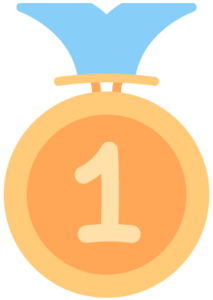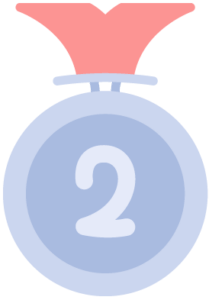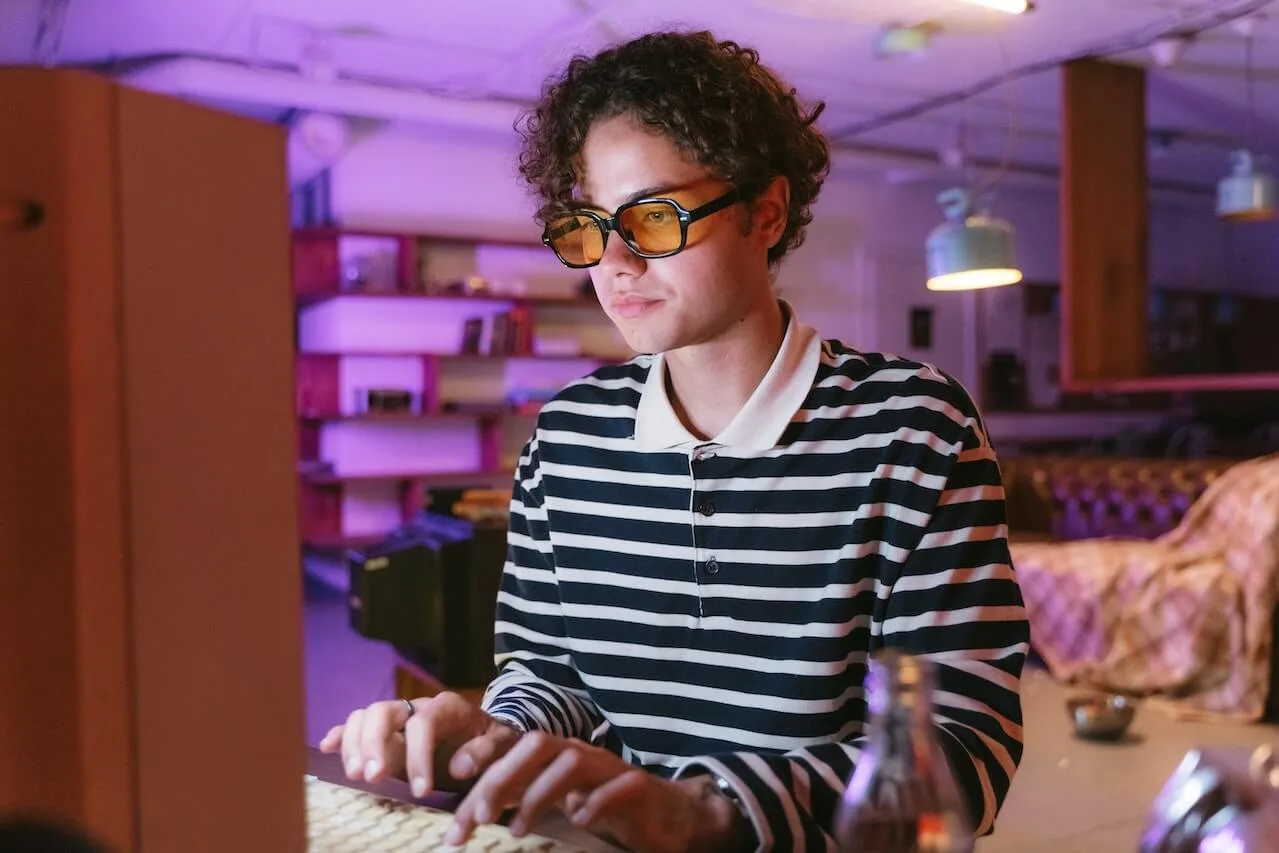So, if you want to avoid becoming a pariah in the academic world or being known as the writer who “borrowed” everyone else’s work, avoid plagiarism at all costs!
What is Plagiarism and is it Illegal to Plagiarize?
Plagiarism, a word derived from the Latin term “plagiarius,” which means “kidnapper,” is a pernicious act that has long plagued the academic and professional spheres. It is a practice that entails appropriating another’s intellectual property or ideas and presenting them as one’s own. Plagiarism is a multifaceted phenomenon that can manifest itself in several forms, ranging from blatant copying and pasting of someone else’s work to subtle paraphrasing without proper attribution.
This unethical practice can arise intentionally or unintentionally, and it is crucial to understand that both forms carry the same level of severity. Whether through a lack of understanding of citation rules or a deliberate attempt to deceive, plagiarism can have severe consequences on one’s academic and professional life.
Can You Go to Jail for Plagiarism?
Plagiarism, while not always a criminal offense, remains a serious breach of ethical and professional conduct. It is an act that not only undermines the foundation of intellectual integrity but can also have far-reaching legal implications, particularly if it involves copyright infringement.
Copyright infringement refers to the unauthorized use or distribution of copyrighted material, such as books, movies, music, and artwork, without the owner’s permission. In such cases, plagiarism is not just an ethical violation but also a violation of the law. Copyright laws protect the creators’ rights to control the use and distribution of their work, and anyone who infringes upon those rights may be subject to legal action.
For instance, if an individual plagiarize a book, movie, or any other copyrighted material and then attempts to sell it, they are engaging in copyright infringement. This act can lead to legal action, including fines, penalties, and even imprisonment. Additionally, in some cases, plagiarism can result in civil lawsuits, where the owner of the copyrighted material may sue for damages.
It is important to note that while most cases of plagiarism do not involve copyright infringement, they can still have serious consequences. In academic and professional settings, plagiarism can result in disciplinary action, loss of reputation, and even termination of employment. It can also harm the plagiarist’s prospects by damaging their credibility and integrity, making it difficult for them to secure future opportunities.
Why is Plagiarism a Serious Offense?
Plagiarism is a crime that not only violates the ethical principles that underpin academic and professional standards but also undermines the very essence of intellectual and creative expression. It is a violation that strikes at the heart of the original author’s credibility, integrity, and reputation, robbing them of the fruits of their labor and creativity. Moreover, it impairs the value of the work and the confidence that readers place in the authenticity and originality of the ideas presented.
The act of plagiarism is particularly unfair to the original author, who invests their time, effort, and resources in creating original work. It deprives them of the recognition and rewards that come with the production of valuable intellectual property. Additionally, it denies them the opportunity to showcase their creative abilities and establish themselves as authorities in their field of study.
Furthermore, plagiarism is unfair to readers who rely on the content for educational or informational purposes. The readers expect to encounter authentic, original ideas that reflect the author’s unique perspective and expertise. When they encounter plagiarized content, they are not only disappointed but also deceived, as the plagiarist has misrepresented the work as their own.
Can You Be Sued for Plagiarism?
Indeed, the matter of plagiarism has been a subject of much debate and discussion in various arenas of academic and creative circles. While the act of plagiarism may have different connotations and implications in different contexts, it is unequivocal that plagiarism that involves copyright infringement may have serious legal repercussions.
Copyright law, as an essential mechanism for protecting the rights of creators and innovators, safeguards the exclusive right of an author to their original work. This protection covers a broad range of original works, including literary, artistic, and musical works, as well as computer programs and databases. Thus, if one uses another person’s original work without their permission, they may be infringing upon the author’s exclusive rights and violating the provisions of copyright law.
It is important to note that copyright infringement is not only limited to direct copying but also includes instances of substantial similarity or indirect copying. Thus, even if a person rephrases or paraphrases another’s work, they may still be liable for infringement if their use amounts to a substantial reproduction of the original.
How to Avoid Plagiarism
Plagiarism is illegal and can have serious consequences, including loss of credibility and legal action. To avoid plagiarism, it is important to take the following steps:
- Conduct thorough research: When conducting research, it is important to keep track of all sources used. This includes books, articles, websites, and any other materials used in the research process.
- Take careful notes: When taking notes, make sure to write down the source of the information as well as the page number. This will make it easier to cite the source later and avoid accidental plagiarism.
- Use quotation marks: When using someone else’s words, use quotation marks and cite the source. This applies to direct quotes as well as paraphrasing.
- Paraphrase carefully: When paraphrasing, it is important to put the information in your own words and cite the source. Changing just a few words is not enough to avoid plagiarism.
- Use plagiarism detecting tools: There are many plagiarism checker apps available online that can help locate instances of plagiarism in your work. This can be a useful tool to ensure that you have properly cited all sources and avoided accidental plagiarism.
- Understand citation styles: Different academic disciplines use different citation styles, such as APA, MLA, or Chicago. It is important to understand the appropriate citation style for your field and use it consistently throughout your work.
- Get permission: If you want to use someone else’s work or ideas in your work, it is important to get permission first. This can include asking for permission to quote from a book or article or asking for permission to use someone else’s research data.
- Review and revise: Before submitting your work, review it carefully to ensure that you have properly cited all sources and avoided plagiarism. If you find instances of plagiarism, revise your work to correct them.
Conclusion
Plagiarism is a grave offense that violates intellectual integrity and can lead to harsh consequences, including expulsion, lawsuits, and even imprisonment. It undermines one’s credibility, reputation, and prospects in academic and professional contexts.
However, using our writing services, you can ensure that your work is original, well-researched, and free of plagiarism, thereby guaranteeing the authenticity and credibility of your ideas.
Remember, avoiding plagiarism is not only ethical but also essential for achieving academic and professional success!











